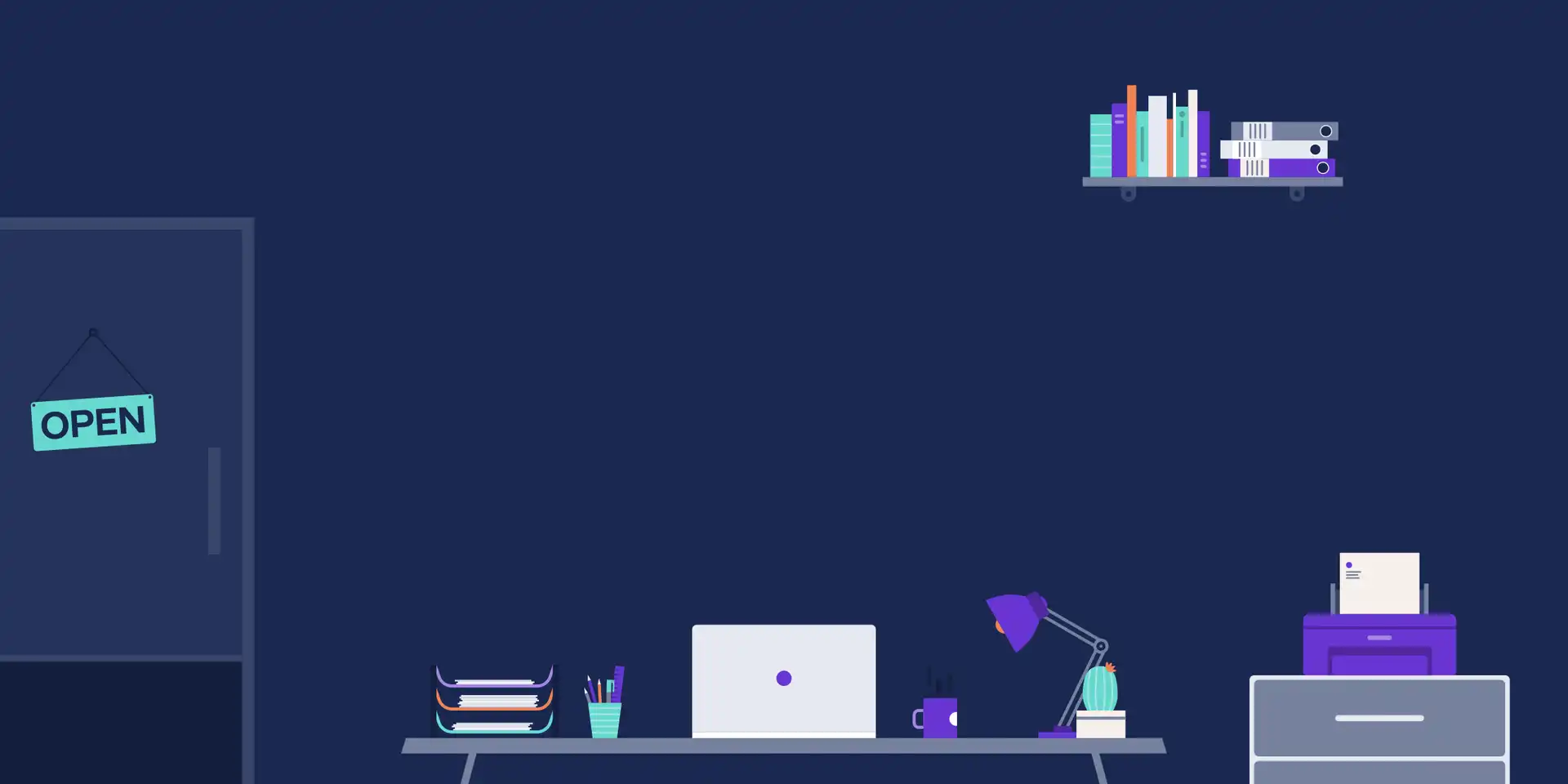
Running a business
How much cash reserve should I keep?
Coronavirus has shown us why it’s important to keep a cash reserve in the business for a rainy day. Even in normal circumstances, a stash of cash can provide a little wriggle room if your customers are late in paying, or if there’s a gap in your order pipeline.
If you’re unable to meet your debts as they fall due, then you’re trading insolvently. But perhaps more importantly, you want to be able to pay salaries for your team and yourself on payday.
How much is enough for a good cash reserve?
The accepted wisdom is that you should have three months’ working capital in an accessible bank account. Your working capital is stock and short-term debts owed to you, minus short-term liabilities that you owe to other people.
Perhaps a simpler way to look at this is to work out how much cash you would need to survive three months if all your income were to stop without warning. In other words, three months worth of costs.
Incidentally, it’s also a good idea for individuals to keep three months salary in their individual accounts in case their income stops. A personal buffer like this will tide you over until, potentially, income protection policies kick in or other plans can be made.
Building up a cash reserve for your business
It’s worth keeping a separate deposit account for the various needs of your business. With the Goals feature of a Starling business account, you can easily set money for whatever objectives you choose. You may want to keep reserves for:
General working capital.
The amount due for corporation tax, including an estimate of tax due on your profits so far this year.
The amount due for VAT, if your business is VAT-registered.
Savings to fund upcoming projects or unexpected expenditure.
Excess profits that you expect to pay out as dividends or a pension top up at a later date.
Some freelancers who have their own limited company, may choose to save for their personal tax bill within their company, and then pay this out to the owner as a dividend when their tax is due.
It’s obvious, but worth repeating: the purpose of keeping a cash reserve is to ensure that you can always buy an umbrella on a rainy day.